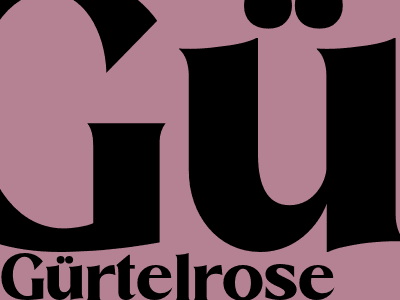
Gürtelrose
Gürtelrose: A Painful but Manageable Condition
Understanding Gürtelrose
Gürtelrose, also known as shingles, is a viral infection that causes a painful rash. It is caused by the varicella-zoster virus, the same virus that causes chickenpox. After you have had chickenpox, the virus lies dormant in your nerve cells. Years later, it can reactivate and cause shingles.
Symptoms of Gürtelrose
The most common symptom of shingles is a painful rash. The rash typically appears on one side of the body and can be accompanied by: * Fever * Chills * Fatigue * Headache * Muscle aches * Nausea * Vomiting
Treatment for Gürtelrose
There is no cure for shingles, but there are treatments that can help to relieve the symptoms. These treatments include: * Antiviral medications * Pain relievers * Anti-inflammatory medications * Calamine lotion * Oatmeal baths
Preventing Gürtelrose
The best way to prevent shingles is to get the shingles vaccine. The vaccine is safe and effective and can help to reduce your risk of developing shingles by up to 50%.
Tips for Managing Gürtelrose
If you have shingles, there are a few things you can do to help manage the symptoms: * Get plenty of rest. * Drink plenty of fluids. * Apply a cool compress to the rash. * Take over-the-counter pain relievers. * Avoid scratching the rash. * See your doctor if the rash is severe or if you have any other symptoms.
Outlook for Gürtelrose
Most people who have shingles recover completely within a few weeks. However, some people may experience complications, such as: * Postherpetic neuralgia, which is a chronic pain condition that can occur after shingles * Bacterial skin infections * Vision problems * Hearing problems If you have any of these complications, it is important to see your doctor right away.

Comments